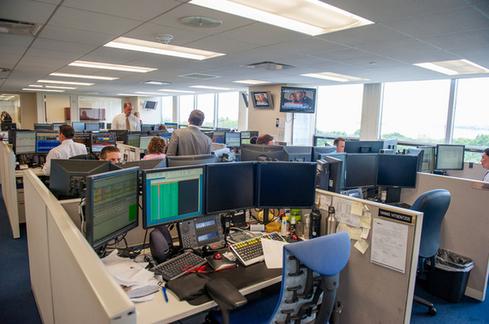00:16 AM
Are We Disaster Ready?
Algorithmic trading keeps the U.S. market strong and flexible. Prior to its wide-scale implementation, the U.S. marketplace required thousands of traders to manually execute most of the daily trading volume. Decimalization and the concurrent collapse of profit margins forced firms to consider alternatives such as algorithms. No longer could firms afford the cost of hiring hundreds of traders. Today, with decimal pricing and intense regulatory scrutiny, human traders alone cannot maintain control of hundreds or thousands of orders. Far from eliminating human traders, algorithms can increase the efficiency and compliance of traders, enabling them to focus on the more difficult, higher-risk trades. As a result, fewer traders handle greater volume in a compliant manner as algorithms handle easier trades.
In a disaster, regulators are likely to halt market trading, as they did following the Sept. 11 disaster. It is then that market participants must plan for the reopening of the markets. Markets will be volatile, and we should engage our traders and our algorithms at their highest and best use. Algorithms should be tuned (and monitored) to deal with the market volatility. Although traders will be expected to carry more of the trading load, algorithmic trading will enable them to handle significantly more volume.
Unfortunately, some algorithmic systems are newcomers to the market and have not been tested in a time of stress. In a disaster environment, experience is key, and it is for this reason that firms that pioneered algorithmic trading and experienced trading after Sept. 11 will be more prepared to handle future market disruptions.
Some may argue that the manual trading of old was far superior in a disaster scenario. But that is arguing for a world long gone. Today's traders must be expert not only in manual order execution, but also in algorithmic order handling. With the use of algorithms, today's traders can react quickly, appropriately and intelligently to a market disruption, maintaining the integrity of the U.S. marketplace.
Steve Swanson
CEO and President,
Automated Trading Desk ---






















